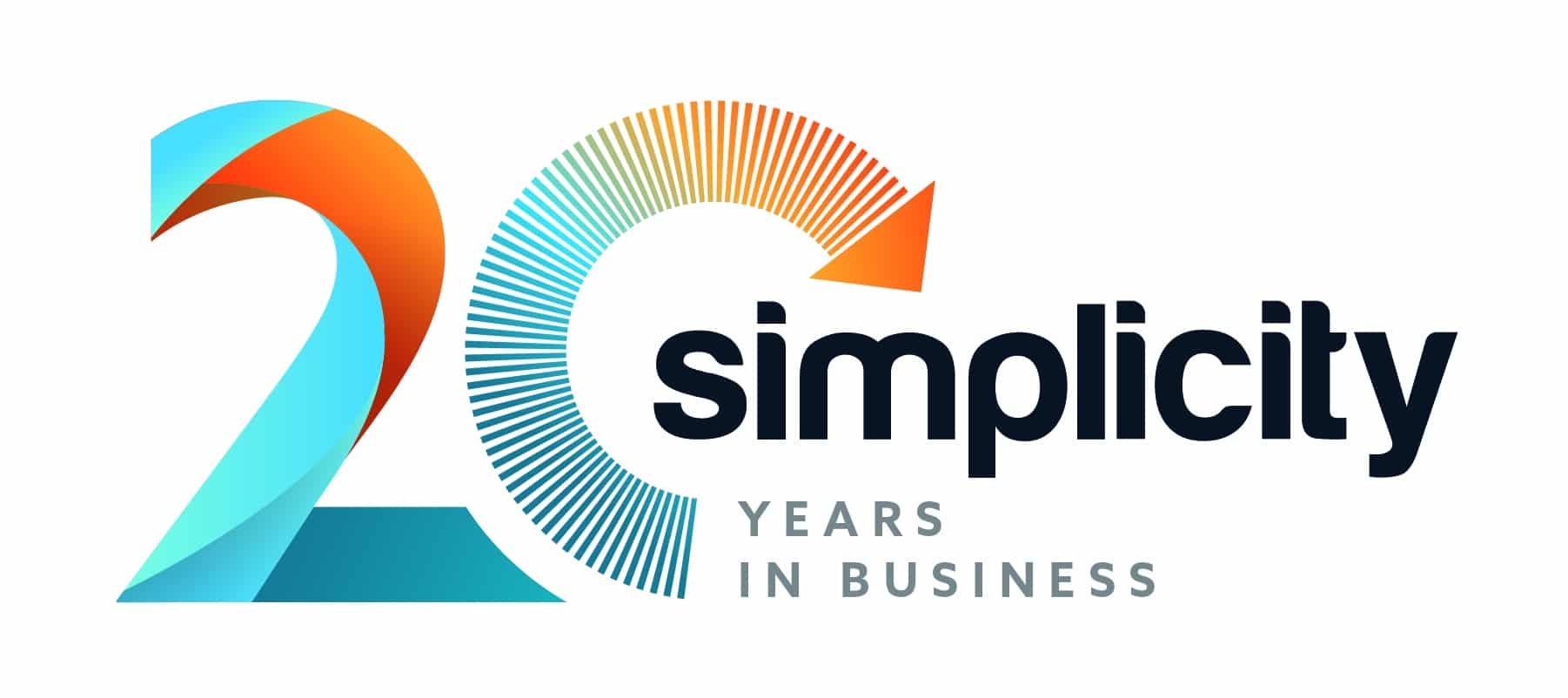The UK general election in July 2024 has ushered in a wave of potential changes across various sectors, including recruitment. With the possibility of a newly elected government, policies and priorities will shape the economic and regulatory landscape. Here’s what the recruitment sector might expect after the election.
Regulatory Changes: Navigating New Employment Laws
One of the immediate areas of impact will likely be changes in employment regulations. A new government could pledge to review existing employment laws, which could result in significant adjustments. Recruitment agencies must keep in line with these changes to ensure compliance and advise their clients accordingly. Key areas to watch out for include:
- Minimum Wage Adjustments: Potential increases in the minimum wage could affect hiring costs. Particularly in sectors that rely heavily on entry-level positions.
- Working Hours and Employee Rights: Modifications to working hour regulations and employee rights might influence job contracts and the overall structure of employment agreements.
Immigration Policies: Shaping the Talent Pool
Immigration policy is another critical area that will affect the recruitment landscape. The government’s stance on immigration will determine the ease with which foreign talent can enter the UK job market. Recruitment agencies specialising in sectors that depend on international workers, such as healthcare and technology, should prepare for potential shifts, whether they are tighter controls or more open policies designed to attract skilled workers.
Economic Policies: Gauging Business Confidence
The election results affect business confidence and economic stability, influencing hiring trends. A government perceived as business-friendly may boost corporate investment and expansion plans, leading to increased demand for recruitment services. Equally, uncertainty or perceived anti-business sentiment could result in cautious hiring practices.
- Taxation and Spending: Changes in corporate taxation and government spending on infrastructure and public services can directly impact job creation. Recruitment agencies should monitor economic policies to anticipate shifts in hiring demand across different sectors.
Education and Skills Development: Building a Future-Ready Workforce
A new government will inevitably be expected to address the significant skills gap. Initiatives to enhance vocational training and STEM education can enrich the talent pool, making it easier for recruitment agencies to find qualified candidates for specialised roles. Increased funding for apprenticeships and professional training programs could also potentially boost the availability of skilled labour, particularly in technical and trade sectors.
Public Sector Employment: Opportunities and Challenges
Government hiring practices often reflect broader policy priorities. Recruitment agencies may see heightened demand for talent in these fields with potential increases in public sector employment, particularly in areas like healthcare, education, and green initiatives.
Sector-Specific Impacts: Targeted Growth Areas
Policy changes targeting specific industries will also shape recruitment needs. For example:
- Green Economy: Commitments to renewable energy and sustainability projects can create new job opportunities and drive demand for recruitment services specialising in these emerging sectors.
- Technology and Innovation: Support for digital transformation and tech innovation can spur job creation in IT and related fields, requiring recruiters to focus on candidates with cutting-edge skills.
Diversity and Inclusion: Evolving Standards
The election may bring about new equality legislation promoting workplace diversity and inclusion. Recruitment agencies will need to adapt to these evolving standards, ensuring that their practices and those of their clients are aligned with legal requirements and best practices for adopting inclusive work environments.
Adapting to Change
The UK general election of July 2024 marks the beginning of a period of change and adjustment for the recruitment sector. By staying informed about new policies and trends, recruitment agencies can navigate these changes effectively, continuing to provide valuable services to their clients and candidates. As the possibility of a new government’s plans unfolds, adapting and responding proactively will be crucial for success in this dynamic environment.
Read our latest blog – How ‘ghosting’ in the hiring process harms a company’s brand



